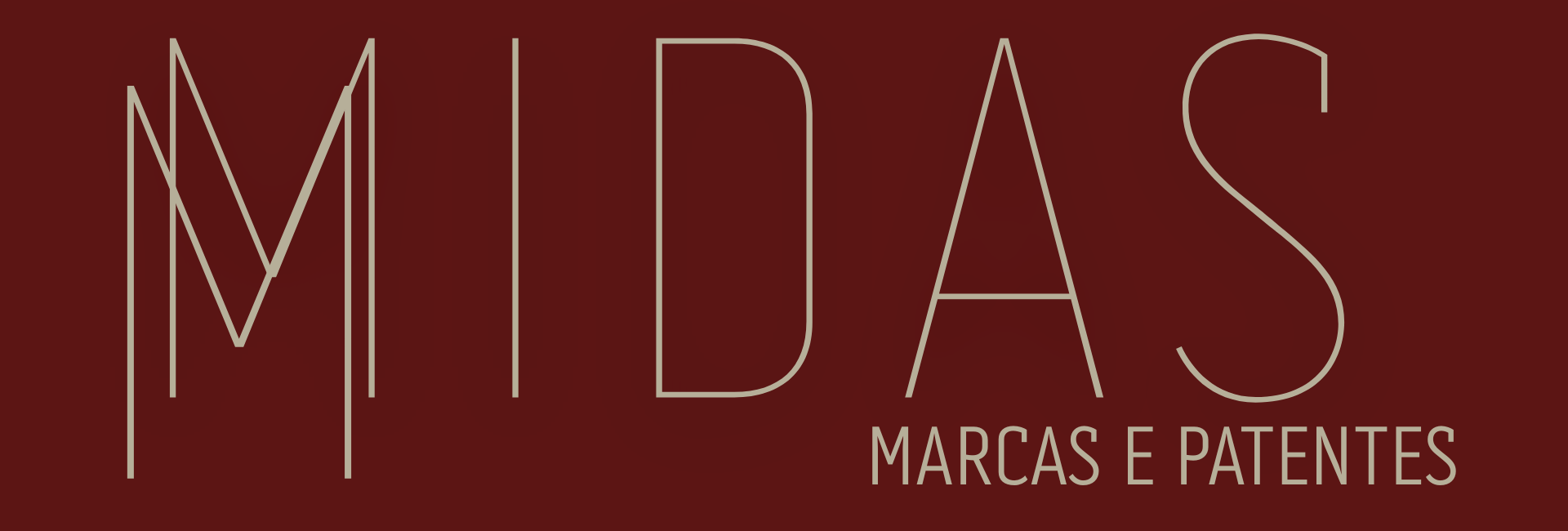Introduction
Registering a trademark with INPI (Instituto Nacional da Propriedade Industrial) gives a business or individual exclusive rights to use that brand in Brazil. However, owning a trademark is not just a right—it also comes with responsibilities.
As legal experts say, “With great power comes great responsibility.” Trademark owners must actively use their trademark, monitor for infringements, and renew their registration on time to maintain protection.
In this article, we will explore the rights and duties of a trademark owner in Brazil, how to enforce brand protection, and what happens if you fail to comply with legal requirements.
1. What Does It Mean to Own a Registered Trademark in Brazil?
A trademark is a legal right that protects a brand name, logo, slogan, or any distinctive element used in commerce. Once registered with INPI, the owner has exclusive rights to use the trademark nationwide for 10 years, renewable indefinitely.
✅ Example of Protected Trademarks:
- Nike® (brand name)
- Apple Logo® (symbol)
- “Just Do It”® (slogan)
🚨 Important: Simply using a brand name does not give legal protection in Brazil. Only registered trademarks have enforceable rights.
📌 Lesson: A registered trademark is the only way to legally secure a brand name in Brazil.
2. Rights of a Trademark Owner in Brazil
A registered trademark grants several exclusive rights that protect the brand’s identity and commercial value.
2.1 Right to Exclusive Use of the Trademark
✅ No one else can legally use the trademark in the same industry without permission.
✅ The owner has the right to display the ® symbol, indicating legal protection.
📌 Example:
- A coffee company registers “Café Supremo”®.
- Another business launches “Café Supremo Express” without authorization.
- The trademark owner can take legal action to stop the competitor.
🚨 Lesson: A registered trademark prevents competitors from using a similar name in the same business category.
2.2 Right to License or Franchise the Trademark
✅ A registered trademark can be licensed to third parties for a fee or royalty.
✅ It can also be used in franchise agreements, allowing other businesses to operate under the brand.
📌 Example:
- McDonald’s® licenses its trademark to franchise owners worldwide.
- Franchisees pay a fee to use the brand while following company guidelines.
🚨 Lesson: A trademark is not just legal protection—it is also a valuable business asset that can generate revenue.
2.3 Right to Take Legal Action Against Infringers
✅ Trademark owners can file lawsuits against unauthorized use of their brand.
✅ They can demand:
- Cease-and-desist orders to stop unauthorized use.
- Financial compensation for damages.
- Removal of counterfeit products from the market.
📌 Example:
- Adidas® sued a small clothing brand for using a three-stripe design similar to theirs.
- The court ruled in favor of Adidas, forcing the competitor to change their logo.
🚨 Lesson: Owning a trademark gives legal power to fight against brand misuse.
2.4 Right to Oppose Conflicting Trademark Registrations
✅ If a competitor tries to register a similar trademark, the owner can file an opposition with INPI within 60 days.
📌 Example:
- A beverage company registers “Pure Juice”®.
- A new company applies for “Pure Juicy” as a trademark.
- The original owner files an opposition, preventing approval of the new application.
🚨 Lesson: Monitoring new trademark applications helps protect brand exclusivity.
2.5 Right to Renew the Trademark Indefinitely
✅ Trademarks are valid for 10 years but can be renewed indefinitely every decade.
🚨 If the owner forgets to renew, the trademark expires, and anyone can register it.
📌 Example:
- A cosmetics company forgets to renew its trademark.
- A competitor registers the same brand name legally.
- The original owner loses all rights to the brand.
🚨 Lesson: Trademark renewal is crucial to maintaining long-term brand protection.
3. Duties of a Trademark Owner in Brazil
Trademark ownership comes with responsibilities. Failing to comply with these duties can lead to legal problems or even loss of the trademark.
3.1 Duty to Actively Use the Trademark
🚨 Brazilian law requires that a trademark be used commercially. If a trademark is not used for five consecutive years, it can be canceled due to “non-use.”
📌 Example:
- A tech company registers “SmartTech” but never launches a product under that name.
- A competitor requests cancellation of the unused trademark.
- The court grants the request, and the competitor registers the name legally.
🚨 Lesson: Registering a trademark is not enough—you must actively use it to keep your rights.
3.2 Duty to Monitor and Defend the Trademark
✅ Owners must regularly check for unauthorized use of their brand.
✅ If an infringement occurs, they must take legal action quickly.
📌 Example:
- A restaurant named “Sabor Brasil”® notices another restaurant using the same name.
- The owner ignores the issue for years.
- The competitor gains popularity, and the original owner loses the ability to claim exclusivity.
🚨 Lesson: If you don’t defend your trademark, you risk losing your exclusive rights.
3.3 Duty to Keep Registration Information Updated
✅ If the business owner changes address or company name, they must update the trademark records with INPI.
✅ Failure to update records can cause legal complications when renewing the trademark or filing lawsuits.
📌 Tip: Keep your INPI records updated to avoid administrative issues.
4. What Happens If You Violate Your Duties as a Trademark Owner?
🚨 Failure to follow trademark rules can lead to:
❌ Trademark cancellation due to non-use.
❌ Loss of exclusivity if the brand is not defended properly.
❌ Legal complications if ownership records are outdated.
📌 Tip: Trademark protection is a continuous process—registering it is just the first step.
5. Common Mistakes Trademark Owners Should Avoid
❌ Not using the trademark actively – Leads to cancellation after five years.
❌ Ignoring unauthorized use – Competitors may legally claim the brand over time.
❌ Forgetting to renew the trademark – After 10 years, protection expires if not renewed.
❌ Assuming a registered trademark protects the brand internationally – Brazilian trademarks are only valid in Brazil unless registered in other countries.
📌 Tip: If expanding internationally, register your brand in multiple countries through the Madrid Protocol.
Conclusion
Owning a registered trademark in Brazil gives businesses exclusive rights, legal advantages, and brand security. However, with these rights come important responsibilities.
✅ Actively use the trademark in commerce.
✅ Monitor and defend the brand against unauthorized use.
✅ Renew the registration every 10 years.
✅ Keep INPI records updated.
As the saying goes, “A trademark is only as strong as its owner’s willingness to protect it.” By following these best practices, businesses can maintain exclusive rights, prevent brand theft, and secure long-term market success.

